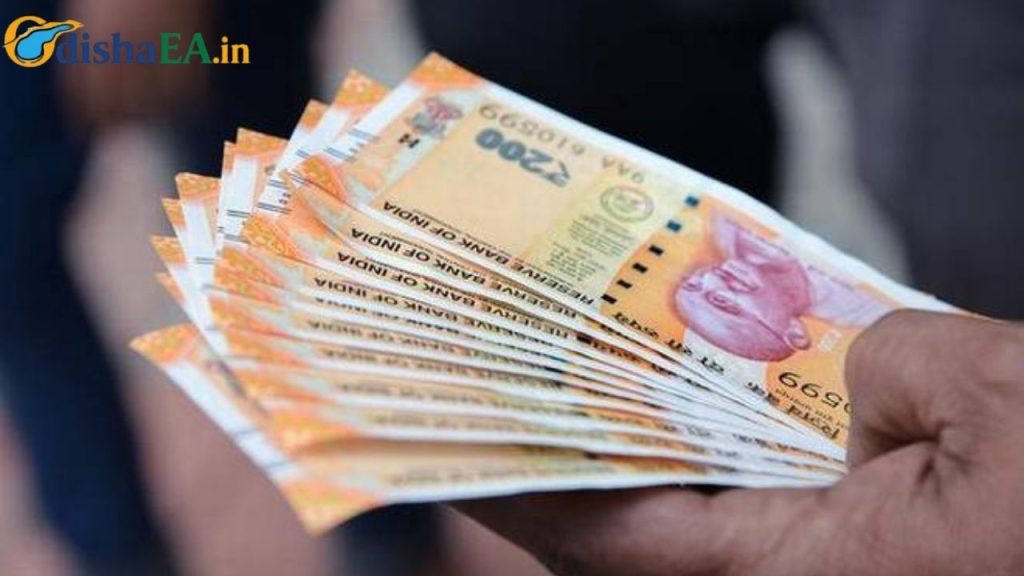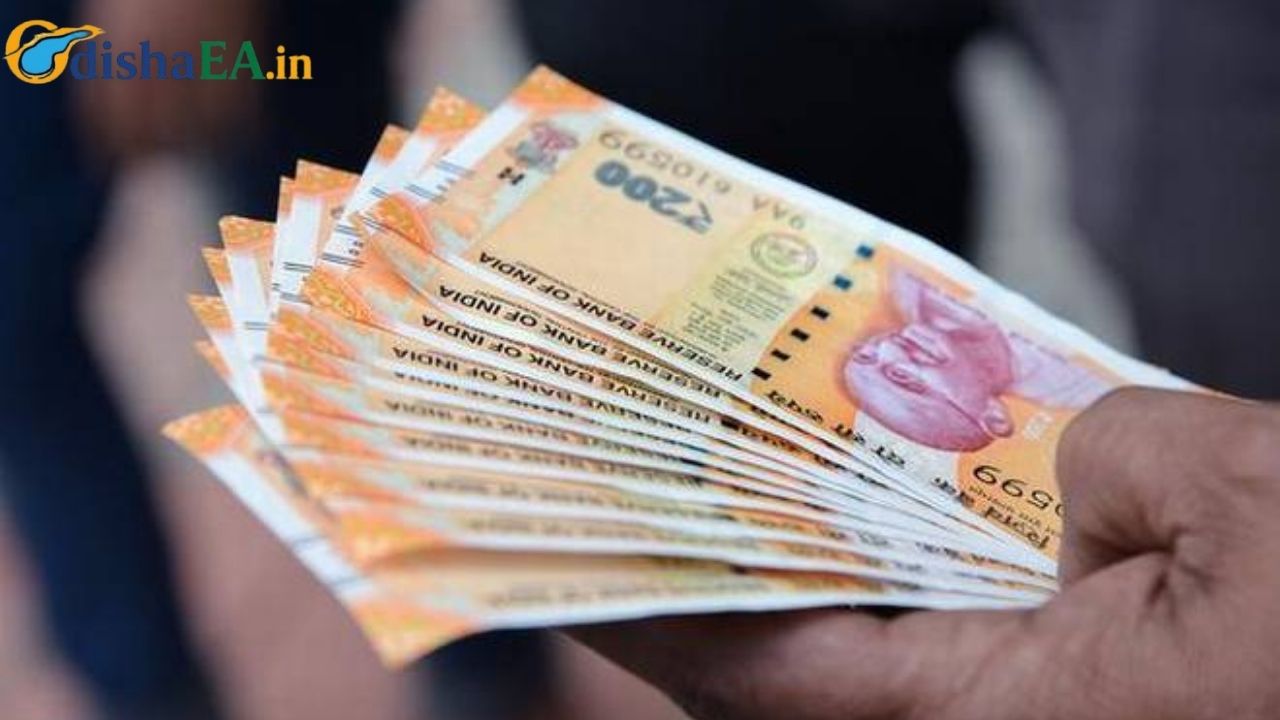In a stunning turn of events that has shaken communities in Odisha, a series of fraudulent activities by postmasters across the state have come to light, involving millions of rupees siphoned off from deposit accounts. With incidents spanning across multiple districts, this scandal has not only exposed weaknesses in the system but also raised serious concerns about trust, accountability, and oversight in government-run financial services. From Jajpur to Sundargarh, postmasters are alleged to have embezzled large sums, affecting hundreds of depositors who entrusted their hard-earned money into postal savings accounts.
While the details of the scams are still unfolding, it’s clear that these incidents are not isolated. Each case serves as a cautionary tale for both the postal department and the public, highlighting systemic vulnerabilities that could affect more people if corrective measures are not implemented swiftly.

In this article, we’ll break down what happened, why it matters, and what you can do to protect yourself and others from similar schemes. We’ll also dive into the bigger picture — understanding the role of postmasters, how such crimes go undetected, and what needs to be done to restore public confidence in the system.
Postmaster in Odisha Steals Lakhs from Deposit Accounts
| Key Data | Details |
|---|---|
| Scam Locations | Jajpur, Sundargarh, Kendrapara, Jagatsinghpur |
| Total Amount Embezzled | Over ₹100 Lakh |
| Number of Affected Deposit Accounts | Over 200 |
| Accused Postmasters | 5+ |
| Legal Actions | Departmental inquiries and arrests |
| Official Source | New Indian Express |
The recent scandals involving postmasters in Odisha serve as a stark reminder of how trust can be easily broken in the financial system. While some progress is being made to address these issues, it’s clear that more needs to be done to ensure that such incidents never happen again.
By implementing better monitoring systems, digital tools, and stronger legal consequences, we can begin to rebuild public trust in the postal service. But for now, it’s critical for individuals to remain vigilant and take an active role in safeguarding their own financial interests.
What Happened? Breaking Down the Scams
In recent months, news of postmasters involved in large-scale embezzlement has spread like wildfire. The first case that grabbed headlines involved a postmaster from Jajpur, who allegedly absconded after stealing ₹50 lakh from more than 50 depositors. The fraud was uncovered when one depositor tried to withdraw their savings and discovered that the funds had been siphoned off. It was later found that the postmaster had falsified records, and deposits had been moved without the knowledge or consent of the account holders. This was not just a mistake — it was an intentional, systematic theft.

Next, in Sundargarh, a woman postmaster was accused of duping more than 80 depositors out of ₹8 lakh. Again, the crime went unnoticed until depositors realized their funds were unaccounted for. The postmaster, Kuntilata Ganju, was suspected of manipulating deposit books and making unauthorized withdrawals.
Then, in Kendrapara, another postmaster reportedly embezzled ₹30 lakh from over 100 depositors. The amount was withdrawn over several months, and it wasn’t until depositors raised the alarm that authorities started looking into the irregularities.
In a particularly heart-wrenching case in Jagatsinghpur, a postmaster targeted elderly customers in the Senior Citizens Savings Scheme, forging signatures and closing accounts without permission. This act of fraud led to a massive loss of ₹19.8 lakh, devastating many senior citizens who depended on the savings for their livelihoods.
These scams are devastating on a personal level for the depositors who worked hard to save money and trusted the postal system with their funds. But they also raise broader questions about the security of postal savings, the oversight mechanisms in place, and how similar scams can be prevented in the future.
Key Takeaways from the Scams
Before diving into the practical advice, here are the major takeaways from these shocking events:
- Postmasters Are Trusted Custodians: Postmasters have a critical role in handling and managing the savings of individuals. When that trust is breached, it can lead to disastrous financial consequences for ordinary people.
- Systemic Gaps in Oversight: These frauds highlight gaps in the internal control systems within the postal department. While some cases have been detected, others have gone undetected for months.
- Need for Reforms: Immediate reforms are needed in how postal accounts are managed, including stronger monitoring and transparency measures.
- Public Confidence Needs Restoration: The public’s trust in postal financial services has been severely shaken. Restoring this confidence will require comprehensive measures and greater accountability from postal staff and leadership.
How Could These Scams Have Been Prevented?
Here’s a breakdown of some steps that could help prevent such scams in the future:
1. Better Monitoring of Postmasters
Every postmaster should be under close observation, particularly those handling large sums of money. Regular audits, both internal and external, could have flagged the discrepancies earlier.
2. Technological Integration
Implementing a digital tracking system for all deposit transactions would make it much harder for postmasters to manipulate records without detection. In today’s world, there is no reason why such systems should not be in place.
3. Training and Awareness
Postmasters and staff should undergo regular training in ethics, legal responsibilities, and customer relations. Raising awareness about the consequences of fraud can act as a deterrent for potential wrongdoers.
4. Customer Vigilance
On the depositor’s end, it’s important to regularly check account statements and report any discrepancies immediately. When in doubt, don’t hesitate to ask for a transaction history or clarification.
5. Stronger Legal Action
Authorities need to take a tougher stance on financial crimes, especially when they involve public trust. Severe penalties and public trials could serve as a strong deterrent.
What Are the Legal and Administrative Responses?
In response to the mounting number of complaints and investigations, the postal department has initiated internal inquiries into these frauds. In some cases, postmasters have been arrested and remanded to judicial custody, while in others, efforts are underway to track down absconding officials.
It’s important to note that the legal consequences of such frauds can be severe, with perpetrators facing charges of embezzlement, fraud, and breach of trust. In some cases, postmasters involved in these scams have faced up to 10 years in prison.
Odisha Gold Loan Scam EXPOSED: ₹24 Lakh Fraud Involving Fake Gold Rocks Banking Sector
Major Online App Scam in Jagatsinghpur: EOW Investigates Rs 20 Crore Fraud
Bhubaneswar CBI Team Nabs Fugitive Director from Tamil Nadu for Rightmax Chit Fund Scam
FAQs
What is the role of a postmaster in managing deposit accounts?
A postmaster is responsible for overseeing the management of postal savings accounts. They are the custodians of depositors’ money and handle transactions, withdrawals, deposits, and interest calculations.
How can I protect myself from financial fraud in postal savings accounts?
To safeguard your savings, it’s essential to keep track of your deposits and review your account statements regularly. If you notice anything suspicious, report it to the authorities immediately.
What should I do if I suspect fraud at my local post office?
If you suspect fraud, approach the nearest postal authorities or file a complaint with the Department of Posts. You can also escalate the matter to the local police if necessary.
What steps is the Indian government taking to prevent such frauds?
The government is reportedly increasing oversight and transparency within the postal department. Reforms are expected to include digital tracking systems, improved auditing procedures, and enhanced training for postal staff.





